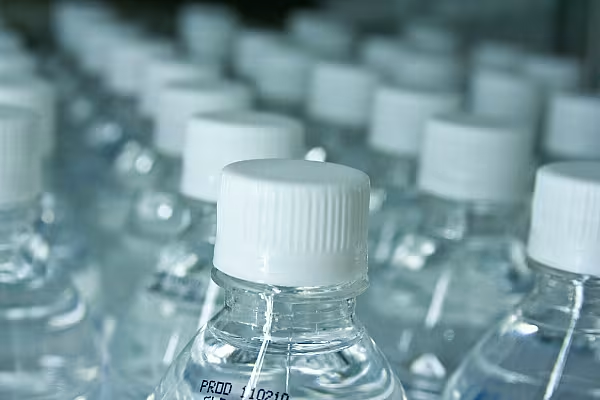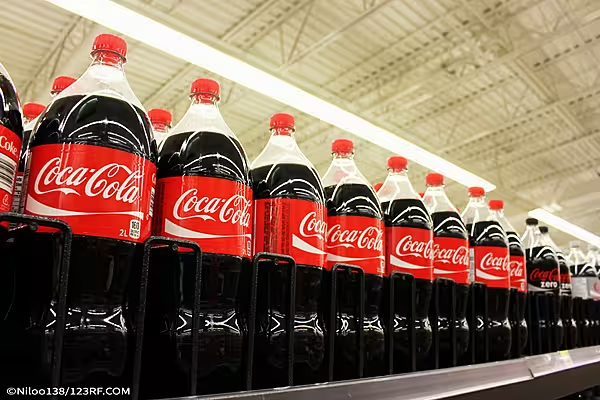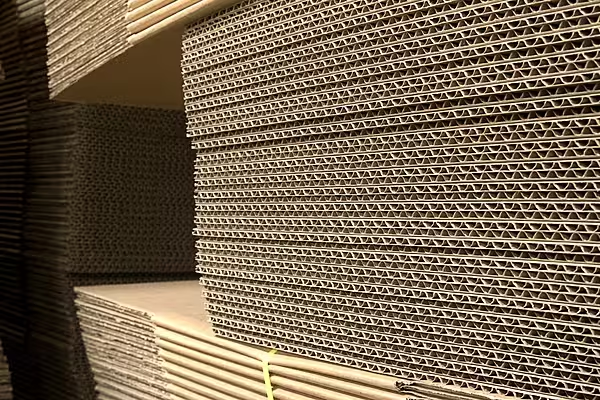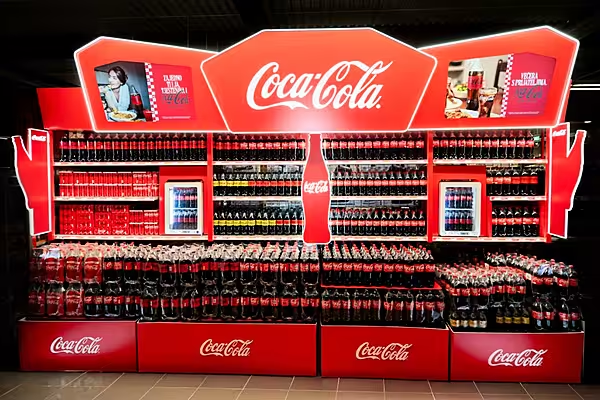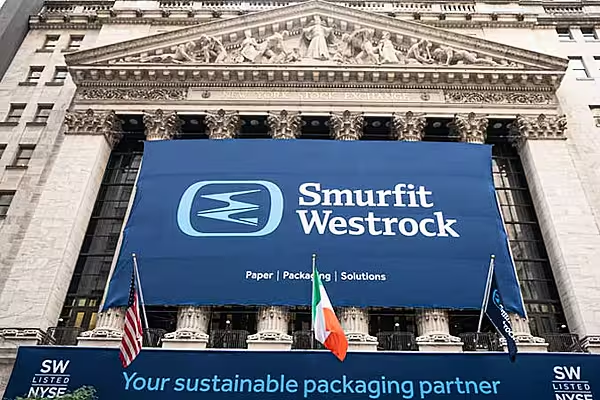Food company Nestlé and French resource management company Veolia have announced that they will be collaborating on a global project that tackles waste collection and the sorting and recycling of plastics – in particular, flexible plastic packaging.
According to a statement, these initiatives will focus on 11 'priority' countries throughout Africa, Latin America, Asia and Europe, and they will focus on creating practical and viable recycling models. These will include chemical methods such as pyrolysis, the thermal decomposition of materials at high temperatures, which is capable of creating virgin-quality plastic.
Nestlé reported that such techniques will help it boost the recycled material of its bottled-water packaging to 35%, as well as increasing the recycled content of its overall plastic packaging to 15%, by 2025.
The Challenge Of Plastic Waste
Magdi Batato, the executive vice-president and head of operations with Nestlé, commented, "Plastic waste is a challenge that requires an ecosystem of solutions all working simultaneously. This partnership is another specific step to accelerate our efforts in addressing the critical issue of plastic waste.
"Leveraging on Veolia’s technology and expertise, we will start with pilot projects in multiple countries, with the intention of scaling these up globally," added Batato.
Laurent Auguste, senior executive vice-president for development, innovation and markets with Veolia, added, "Our expertise in resource recovery and recycling has positioned us to tackle this issue with global brands and other value chain actors, across all continents.
"We believe it is time to move towards more recycling of materials, and we are happy to help our clients be ever more inventive, so they can keep improving our quality of life whilst protecting our planet and its resources," added Auguste.
This initiative is part of a series of projects intended to combat plastic waste announced by Nestlé. The company has previously pledged to make 100% of its packaging recyclable or reusable by 2025, and in January, it eliminated plastic straws from its products.
© 2019 European Supermarket Magazine – your source for the latest retail news. Article by Karen Henderson. Click subscribe to sign up to ESM: European Supermarket Magazine.
